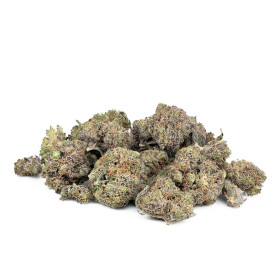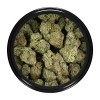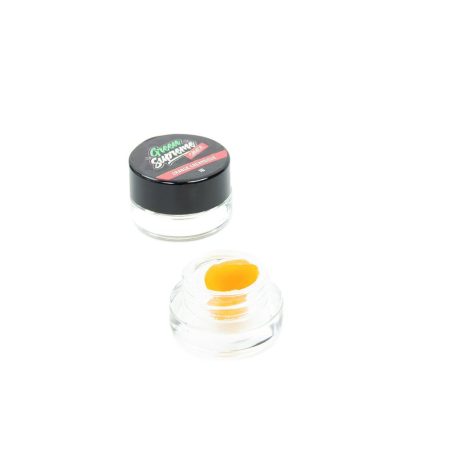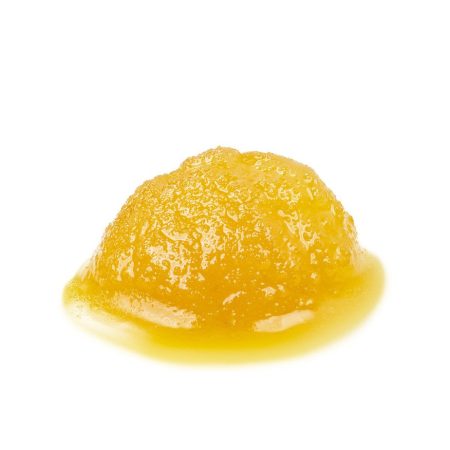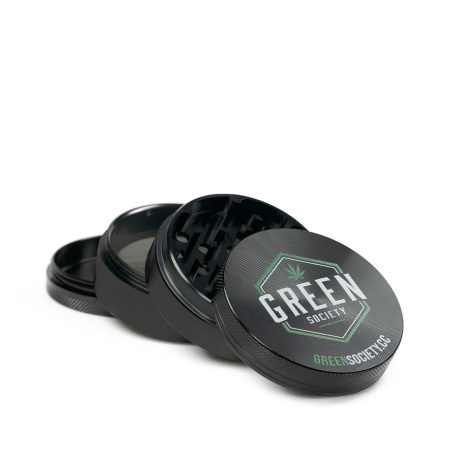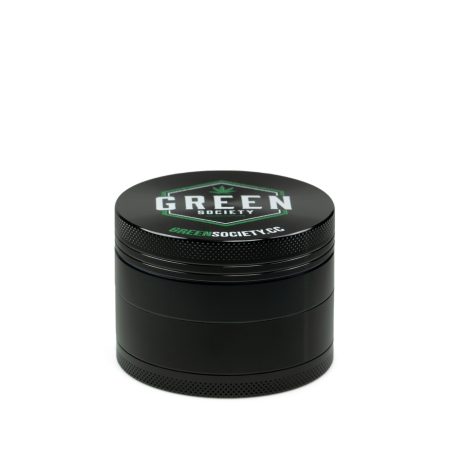Marijuana
Frequently Asked Questions About Cannabis
Even though cannabis use has become more widely accepted and discussed in the past few years, there are still many things you might not know about the drug. After all, researchers are learning more about it every day.
With so many opinions and “facts” floating around, it can be difficult to really get a grasp on what cannabis is and the role it plays in our society.
To break down some common confusions, we’ve compiled this list of frequently asked questions (and answers) about the drug.
Read on to learn more about the purposes of cannabis as well as some background on the industry as a whole.
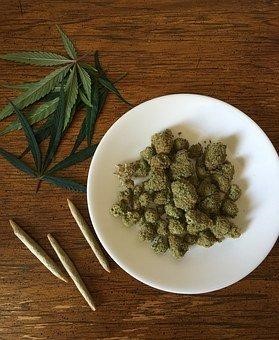
1) What is Medical Cannabis?
While cannabis has been widely used for both recreational and medical purposes in the past, the societal acceptance of its healing and medicinal properties is relatively new.
The compounds that make up the cannabis plant work to give it its healing and medical properties. The primary active compound, THC, reacts with the brain and body to fight off and soothe certain health conditions, making it a viable treatment plan for many people.
One of the primary and most widely proven uses of cannabis for medical purposes is for people with cancer. Not only can the THC compound help to fight off or even prevent the cancer from worsening, but it can also help the side effects that come with battling cancer, such as sickness from chemotherapy. Nausea and loss of appetite are two of the more common effects of chemotherapy, which is where the role of cannabis comes in.
Cannabis can help to increase appetite and curb nausea long enough for patients to get the proper nutrition that will help to keep them strong throughout their illness.
Medical cannabis can also be used to treat other conditions. The compounds in this drug have also been shown to help people who battle chronic pain. Arthritis, multiple sclerosis, and other conditions can be managed through using medical marijuana.
Much confusion over using this drug comes from whether medical marijuana and recreational marijuana are the same thing, and if so, in what circumstances cannabis can legally be used. The truth is, there really isn’t a difference between the two.
In most cases, medical marijuana will be prescribed to patients dealing with conditions like the ones listed above. Usually, doctors will prescribe a certain dosage that can be taken when the symptoms are at their worst. The healing benefits of this drug has helped to solidify it as a real treatment plan for many people.
2) Is Cannabis Legalized?
In the past few years, cannabis has become more widely accepted by the public. But, many people still don’t fully understand the legality of this drug.
To answer this question, you are going to have to look into local and state laws. Some US states have legalized marijuana for recreational uses while other states have only begun to accept the science supporting the medical uses of the drug. Worldwide, cannabis is legal in some countries for both recreational and medical uses, like Canada, while in some places only medical uses are permitted. Some countries like Argentina have decriminalized recreational use, but that doesn’t mean it’s legal. In the majority of countries though, any use of cannabis is still fully illegal.
Regardless of what you intend on using it for, you should be knowledgeable on the regulations and limitations in your area so that you are fully aware of what could happen if you’re caught using, possessing, or growing cannabis plants.
If you live in a state where medical cannabis is legalized, you will be able to find a doctor who can help you obtain medical cannabis for your specific needs.
3) Growing Cannabis – Who and Where?
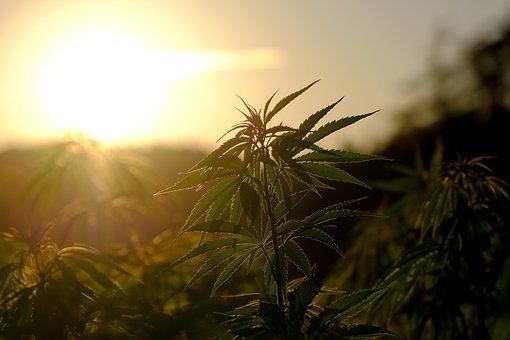
Cannabis tends to grow in tropical locations. This means that hot and humid climates are usually the best locations for the plant to grow.
There are many large production facilities found in places all throughout the world and the market is becoming more and more interconnected as the drug’s acceptance continues to spread.
As the legality of the drug becomes more common, there are going to be even more production facilities, as the industry has proven to be very lucrative.
Since there are such large legal implications surrounding cannabis, those that grow the plant are under strict supervision depending on where the production is taking place.
There are many laws in place to keep the industry in check and are used as an attempt to regulate the production and flow of cannabis. Home-growers should be aware of the ramifications in their area if they’re caught illegally growing the plant.
4) Are There Jobs in the Cannabis Industry?
As mentioned above, the cannabis industry is highly lucrative. It is, and will continue, growing as the drug is legalized in more places, so the opportunities to work in this area will steadily increase.
What many people don’t understand is that growing cannabis is a rather difficult feat involving complicated science. A full understanding of the biology of the plant is needed to correctly cultivate it, and the average person will likely need to gain a lot of knowledge to get into the production end of things.
However, there are many other areas in which people can work in this field other than production. Marketing and distributing this product are going to be the next big thing as more and more people are looking to use the drug for the first time.
Informing the public about the drug is also something that will give way to new jobs. As more medical purposes are understood, we fully believe that cannabis is going to set up shop as a permanent resident in the medical field.
Conclusion
Even though cannabis has been used for centuries, there are still a lot of things to learn about how the drug works and how it’s going to fit into modern society. Above are some of the more frequently asked questions that can help to give you a better understanding of the role this drug already plays in our world.




